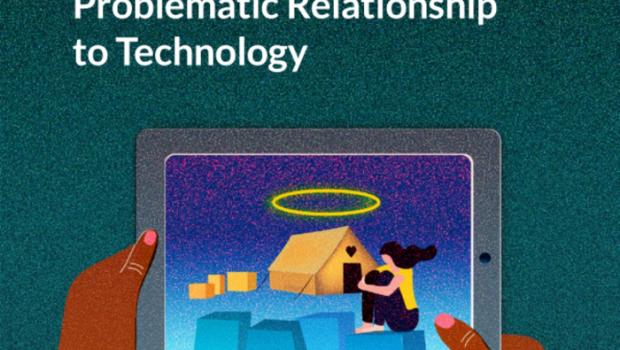Where Technology Meets Ethics – The Humanitarian Principles and Their Problematic Relationship to Technology – September 2022 – World
Introduction
The end of the 17th century saw the beginning of the Age of Enlightenment, a period of human thought that challenged the most fundamental assumptions in the Western world. In this roughly 150-year period, nothing was safe from the march of human reason and scientific advances. God, monarchy, economics, morality, legitimation stories for political authority, and any other societal truth or way of being in the world was uprooted and exposed to the rising waters of the Enlightenment.
It was a turbulent time through which many institutions and individuals saw themselves literally and metaphorically brought to the chopping block. Many institutions, such as the church, could not adapt to the changing sentiments brought on by the Enlightenment. Instead of being flexible, the church remained anchored because of its inability to adequately adjust Christian truth to the changing political and moral landscape around it.
By the end of the Enlightenment, the church — one of the most influential forces in the West — had been reduced to an organization of such unimportance that German philosopher Friedrich Nietzsche appeared at the end of the 19th century declaring: “God is dead. God remains dead. And we have killed him.”1 The primary cause of this reduction was not that the church was incapable of changing with the tides; it was that the church saw its moral claims as absolute, and it was unwilling to bend, reluctant to reinterpret and unwilling to embrace what it had no chance of stopping. In today’s era, every major organization and sector is presented with a similar problem: the Information Age.
Similar to the thought in the Age of Enlightenment, technology and data are rapidly beginning to deconstruct long-held truths, challenge what is considered moral, undermine institutions, recreate economics and disrupt the political status quo. Unlike the Enlightenment, which was defined by a progression in thought, the Information Age is progressing so quickly that it is now human thought that finds itself lagging behind the technologies that define the modern world and its boundaries. The standard ethical, moral, political and economic models that have guided the Western world since the Age of Enlightenment are rapidly becoming obsolete. Their inability to handle the changing landscape brought about by the Information Age is becoming more apparent with each passing day.
Taking a lesson from the church during the Enlightenment, it is unwise to attempt to remain rigid in the face of undoubtable change, especially when that change is uncertain in its nature. With each passing day, major events are becoming more pronounced: the outbreak of State-to-State war in Europe, the reappearance of great power competition, the looming global food crisis, the uncertain global economic future, the rise of autocratic leaders and the increase in climate-related disasters. These events may very well produce a level of suffering that the world, especially the West, has not seen in several decades. This perfect storm of natural catastrophe, human failure and historical force coupled with the Information Age is starting to challenge the people who work to mitigate human suffering — those in the humanitarian sector.
An apparent problem exists for the humanitarian sector and those who interact with it: How will the Information Age alter the sector’s existence? Or perhaps an even more important question: Will the Information Age do to major humanitarian organizations, such as the UN, what the Enlightenment did to the church? And if this were to happen, what would the humanitarian sector look like at that point?
Over the past decade, alarms have sounded the need for the humanitarian sector to start seriously considering the impacts of technology and how it should be used. This paper aims to raise another but different alarm: The time for theorizing is coming to an end. The need for action has arrived.








Gloss